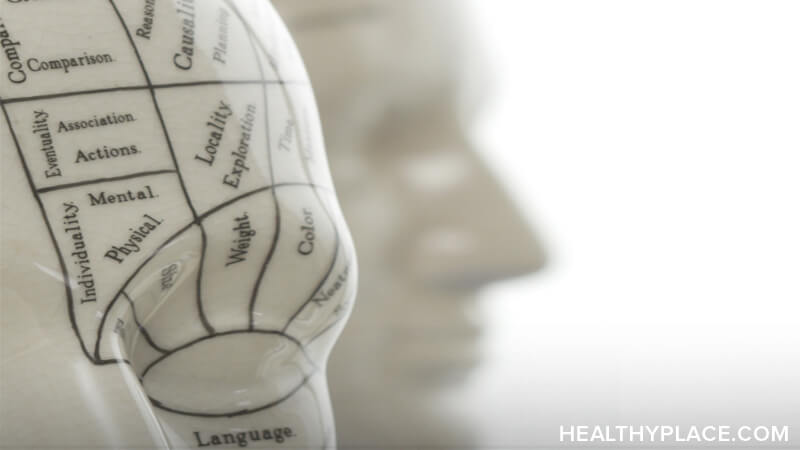Exploring the Connection In Between Nourishment and Mental Wellness Renovation
The effects of our dietary selections on mental well-being have actually been significantly identified by health and wellness experts and researchers alike. As we navigate the complicated landscape of modern lifestyles, uncovering the nuanced connection in between nutrition and psychological health and wellness renovation may hold the trick to opening a much deeper understanding of our emotional and cognitive durability.
Influence of Food on Mood
The partnership between dietary options and state of mind policy is an important aspect of understanding the influence of food on mental wellness. Research has actually revealed that particular foods can influence neurotransmitter activity, affecting state of mind and psychological states. For instance, foods rich in omega-3 fats, such as fatty fish, walnuts, and flaxseeds, have been linked to lower rates of depression and boosted mood regulation.
In addition, complex carbs found in entire grains, fruits, and vegetables can help regulate blood glucose degrees, which subsequently can have a favorable effect on state of mind stability. On the various other hand, diets high in refined foods, sugar, and hydrogenated fats have been connected with an increased threat of clinical depression and state of mind problems.
In addition, the gut-brain link plays a considerable duty in state of mind law. The intestine microbiome, influenced by the foods we eat, can interact with the brain with the gut-brain axis, impacting state of mind, stress degrees, and total mental well-being. As a result, making nourishing and conscious dietary choices is important for maintaining a healthy and balanced and well balanced mood.
Important Nutrients for Stress And Anxiety

Exploring the duty of specific nutrients in handling anxiety problems clarifies the elaborate relationship between diet and psychological wellness. Crucial nutrients play a crucial duty in supporting mind function and psychological wellness, making them crucial players in minimizing anxiousness signs and symptoms. Omega-3 fats, commonly discovered in fatty fish like salmon and flaxseeds, have actually been connected to decreased stress and anxiety degrees as a result of their anti-inflammatory residential properties that support brain health. Furthermore, magnesium is vital for controling natural chemicals included in mood law, with research studies suggesting that magnesium deficiency might be associated with boosted anxiety.
Additionally, the amino acid tryptophan, located in foods like turkey, eggs, and nuts, is a forerunner to serotonin production, a neurotransmitter recognized for its role in advertising feelings of calmness and well-being. Mental Health Services. Vitamin B complicated, especially B6 and B12, are also crucial for keeping a healthy nervous system and may help in reducing anxiousness symptoms
Including these necessary nutrients right into a well-balanced diet plan can have a favorable influence on managing anxiousness and enhancing general mental health and wellness.
Dietary Methods for Clinical Depression

One nutritional strategy for handling clinical depression is concentrating on foods rich in omega-3 fatty acids, such as fatty fish, flaxseeds, and walnuts. Omega-3 fats have actually been connected to reducing swelling in the brain and improving natural chemical feature, which can favorably influence state of mind. In addition, increasing the intake of fruits, veggies, whole grains, and lean proteins while minimizing the consumption of refined sugars and foods may assist in alleviating depressive symptoms.
Furthermore, preserving ample levels of vitamin D, either via sunlight direct exposure or supplements, is important for supporting psychological health. Vitamin D deficiency has actually been connected with a raised threat of clinical depression, making it important to ensure adequate intake of this nutrient. By integrating these nutritional strategies, individuals might successfully enhance traditional treatments for depression and enhance their general wellness.
Gut-Brain Axis and Mental Health
Focusing on the detailed link in between the intestinal system and psychological health, the Gut-Brain Axis plays a critical function in affecting cognitive features and psychological wellness. The Gut-Brain Axis is a bidirectional interaction network in between the main anxious system and the enteric nerves, linking the psychological and cognitive facilities of the mind with peripheral intestinal tract features. This axis is controlled by a detailed interplay of neural, immune, endocrine, and metabolic pathways.
Research recommends that the structure of intestine microbiota, the varied area of bacteria staying in the intestinal system, can have a profound effect on mental health. Inequalities in intestine microbiota, referred to as dysbiosis, have actually been related to conditions such as clinical depression, anxiety, and even neurodegenerative illness. Furthermore, the digestive tract microbiota plays an important function in the manufacturing of natural chemicals like serotonin, which is essential for regulating mood and emotional feedbacks.
Maintaining a healthy intestine microbiota with a balanced diet rich in fiber, fermented foods, and probiotics is essential for supporting psychological health. Strategies targeted at optimizing the Gut-Brain Axis offer promising avenues for enhancing psychological health and cognitive feature.
Nutrition's Function in Cognitive Function
Given the significant impact of the Gut-Brain Axis on mental health, comprehending how nutrition influences cognitive function becomes paramount in advertising total wellness. Nourishment plays a vital function in cognitive function by providing vital nutrients that support brain wellness and optimum performance.
Secret nutrients such as omega-3 fatty acids, antioxidants, vitamins, and minerals are recognized to improve cognitive capacities, including memory, emphasis, and analytic abilities. Omega-3 fatty acids, found in fatty fish like salmon and nuts, have been connected to improved memory and cognitive function. Anti-oxidants, bountiful in fruits and vegetables, aid protect mind cells from damage created by cost-free radicals, therefore preserving cognitive feature.

Final Thought
In final thought, the partnership between nutrition and psychological wellness is complex and diverse. Understanding the connection between nutrition and mental health and wellness enhancement is crucial for advertising total health and resolving psychological wellness issues.
The implications of our dietary options on psychological health have actually been increasingly acknowledged by health professionals and scientists alike. As we browse the complicated landscape of contemporary lifestyles, uncovering the nuanced relationship in between nourishment and psychological health and wellness improvement may hold the trick to opening a much deeper understanding of our cognitive and emotional resilience.
Building upon the important nutrients that support mental health, specifically in handling stress and anxiety problems, the emphasis now changes towards examining nutritional approaches for resolving clinical depression.Focusing on the detailed link between the gastrointestinal system and psychological wellness, the Gut-Brain Axis plays a pivotal function in influencing cognitive features and psychological well-being. Understanding the link between nutrition and psychological wellness enhancement is necessary for promoting total wellness and resolving mental wellness problems.